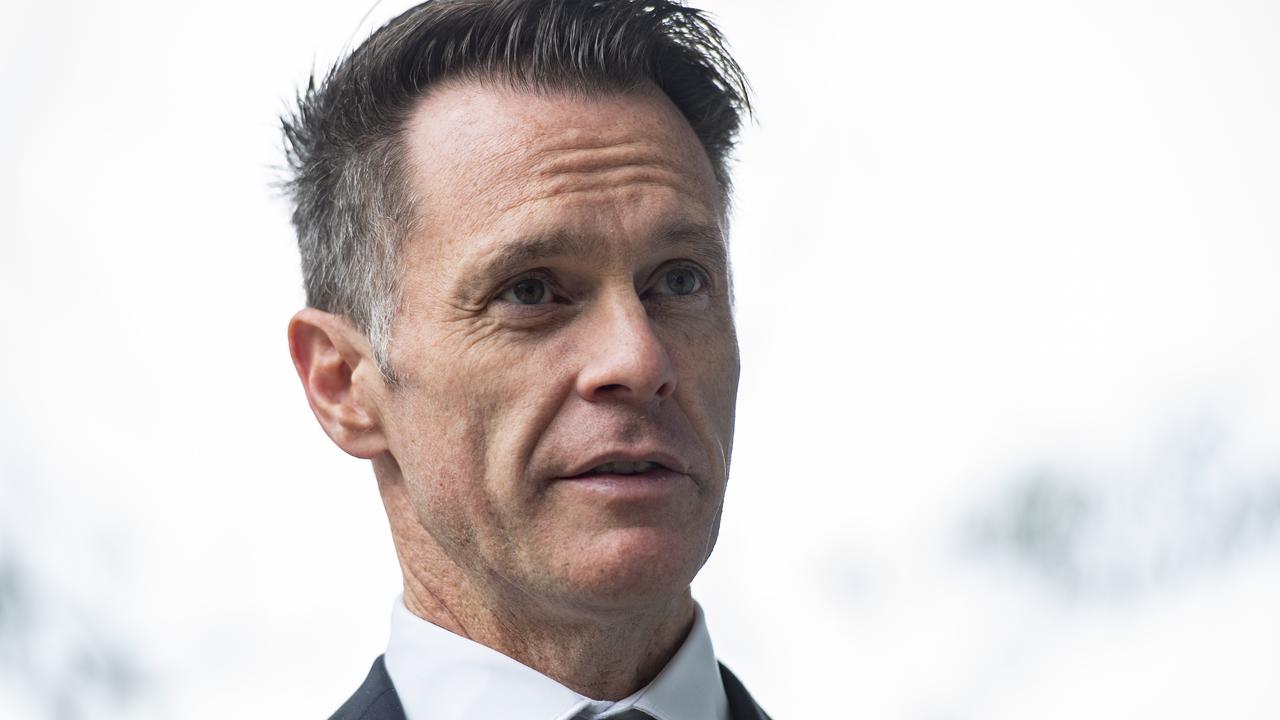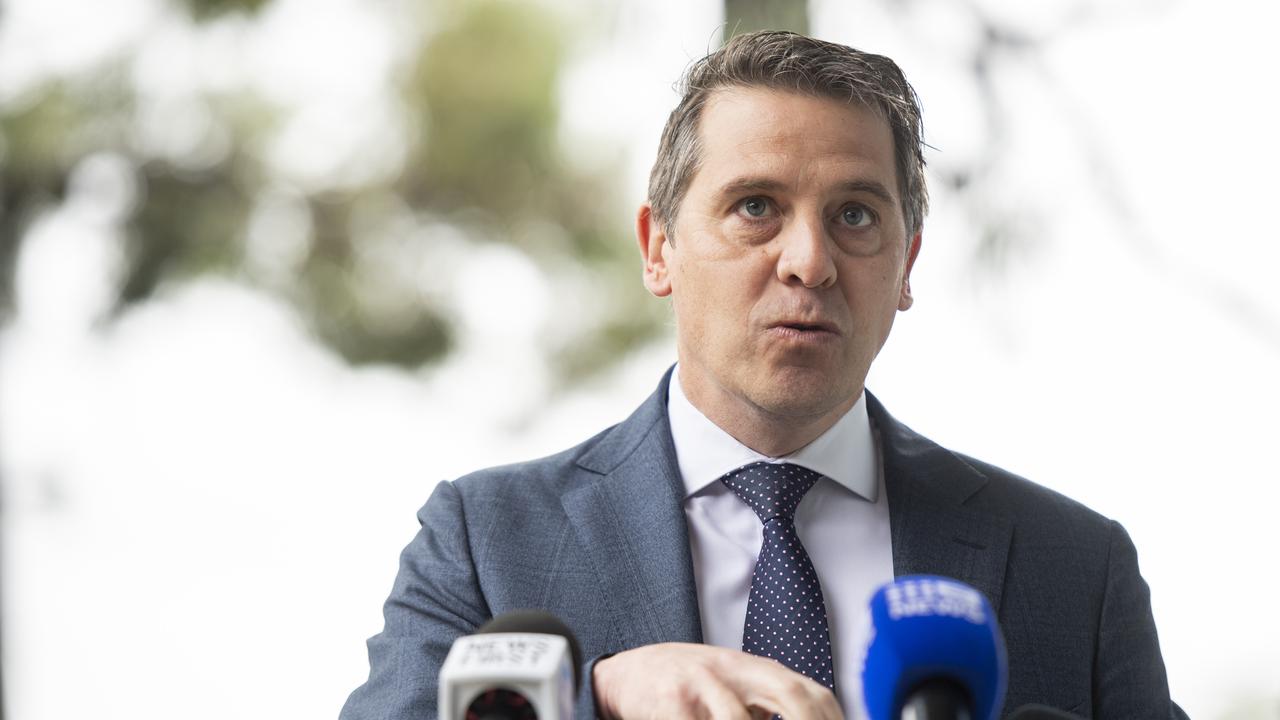NSW Premier Chris Minns announces four-day regional and Sydney drug summit in October and December
Following widespread criticism of delays, dates for the highly-anticipated summit have been announced, with sessions to be held across Sydney and regional NSW.
After months of criticism from advocacy groups, NSW Premier Chris Minns has finally announced the dates for a four-day Sydney and regional drug summit, alongside a $33.9m funding boost to create and support 12 drug and alcohol support hubs.
Honouring Labor’s election commitment, the multi-day summit includes two days of forums to be held in regional towns in October, plus two days of meetings held in Sydney on December 4 and 5.
The walks will hear from medical experts, police, drug and alcohol organisations as well people with lived or current experience of drug usage, and their families, with the government currently in initial discussions with stakeholders to determine the terms of reference for the summit.
Mr Minns said he envisioned the summit to “find new ways forward to tackle this incredibly complex and difficult problem”.
“We made a commitment before the election to hold a drug summit,” he said.
“We know that drug use impacts individuals, families and communities in many different ways.”

NSW Health Minister Ryan Park said the inquiry would be the “first of its kind in a quarter-century”. The only previous drug summit was conducted under the Carr government in the 90s and established the Kings Cross medically-supervised injection rooms amid an unprecedented number of heroin overdoses.
“The drug summit will provide a range of viewpoints from those who interact with illicit drug use and addiction, from both health as well as non-health contexts,” said Mr Park.
“A lot of work has gone into this so far, and more work will go into this in partnership with the community to ensure we get this right.”
Mr Park also spoke to the importance of the $33.9m funding promise.
Set to be delivered across four years, the money will be given to 12 organisations to create wrap-around support hubs, which will provide tailored rehabilitation services and treatment, combined with access to other health and social services.
Funding has been given to the Australian Community Support Organisation in Shellharbour, Directions Health Service in Bega and Eden, the Orange Aboriginal Medical Service, Social Futures in Singleton, St Vincent de Paul Society NSW in Armidale, and The Salvation Army in Wagga Wagga to establish new services.
Six more organisations have also been funded to add alcohol and drug treatment to their existing community support services. This includes The Buttery in Nimbin, Grand Pacific Health in Queanbeyan, Aboriginal Community Housing in Kempsey, Gandangara Health Service Ltd in South Western Sydney, Bill Crews Foundation in Ashfield and Mission Australia in Sydney.
The Health Minister said it would boost access to help, especially for people in “priority populations,” as well as regional and rural areas.

“They will provide welcoming, culturally safe environments and tailored treatment options to support people affected by alcohol and other drugs, and their families, to achieve enhanced quality of life,” he said.
The announcement was made via a press released sent to media at midday Friday, while NSW Premier Chris Minns and NSW Health Minister Ryan Park were in Moruya, in the state’s far south coast to mark the beginning of construction for the Eurobodalla Regional Hospital.
Longtime campaigners and critics of the NSW government’s approach to drug reform, Uniting NSW. ACT’s General Manager External Relations and Advocacy Emma Maiden, commended Mr Minns and Mr Park for “taking this important step” and welcomed the regional component.
“Our common purpose has always been to demonstrate the need for real, meaningful drug reform and to reflect the growing sense of urgency that change needs to happen now,” she said.
“Ahead of the drug summit, there are several positive, evidence-based initiatives that the Minns government could be putting into practice, especially in response to the current nitazenes crisis such as increasing access to naloxone and drug checking in the community and at large events during the upcoming music festival season. These measures can then be discussed at the drug summit.”
Noffs Foundation chief executive and Street Universities co-founder Matt Noffs said the summit should also examine the connection between methamphetamine (also known as ice) usage was impacting the youth crime crisis.
“I really welcome the issue of looking at this as a regional issue, and we can work out how to relieve those areas of youth crime and methamphetamine use. I think those two things are very much linked,” he said.
“More broadly we should be looking at really ironing out cannabis laws, and pill testing is also going to be very important but the number one thing we need to be looking at is reducing youth crime, and methamphetamine usage in regional areas.“



